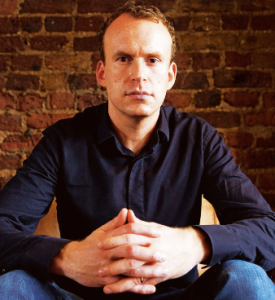MORE FUCKING WRITING TIPS
Writing tips are fucking everywhere. Every fucker from Elmore Leonard down has written the fuckers. If Shakespeare was alive now he’d be blogging about where to place a fucking apostrophe. Even I’ve written some. They drive me fucking mad, but they are easier than getting on with my next fucking novel. So here’s some fucking more.
1. Don’t ever start a novel with the fucking weather. Unless you want to start a novel with the fucking weather. In which case, fucking do it.
2. ‘Adverbs are fucking shit. Except when they’re not,’ he said, un-fucking-helpfully.
3. Don’t be fucking boring. Ever. Most books are 100 pages too fucking long.
4. Pretend your mother will never fucking read it. (Sorry Mum, I’m having a sweary day.)
5. All genres are fucking fake. Especially the genre of literary fucking fiction.
6. Don’t write to get laid. Unless you’re already James fucking Franco.
7. Be a thin-skinned fucking weirdo when you write your book. And a thick-skinned fucking bastard when it gets published.
8. If you’re hungover, don’t even fucking try.
9. Don’t fall in fucking love with yourself. (If you write ten words, delete fucking five.)
10. If you are only writing for fucking money you probably won’t make any. Don’t write for the market. Books aren’t fucking corn flakes. Write for fucking you. Write because you fucking have to. Write because the whole world is conspiring to kill our imaginations and only books can save them. Write because in a world where governments and corporations don’t want us to fucking think, writing is a revolutionary fucking act.
(11. Just fucking write.)


